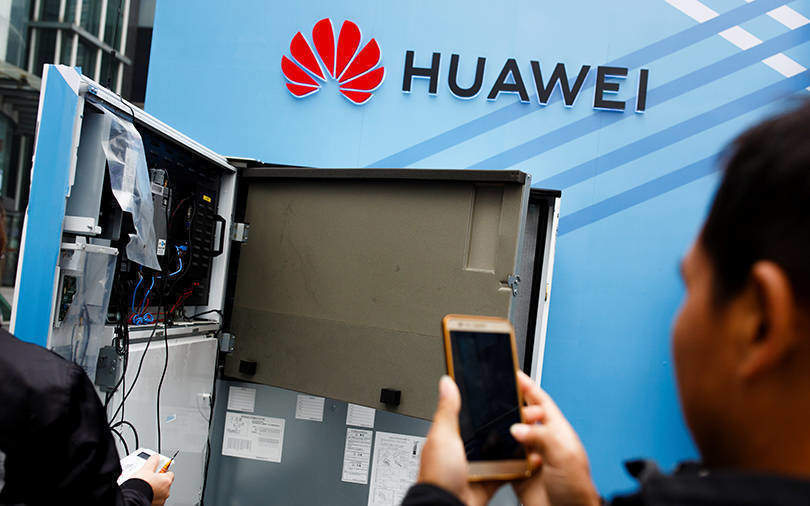
Facing threat of Android blockade, Huawei unveils own HarmonyOS


China-based consumer electronics and telecommunication firm Huawei has launched a new open-source operating system(OS) called HarmonyOS for all kinds of devices like phones, smartwatches and connected cars.
The announcement comes in the wake of the threat by the US government about blocking the availability of Google's Android operating system for Huawei’s devices.
The Chinese firm said the new OS could deliver intelligent experience across all devices and platforms while meeting consumer expectations of low latency and strong security.

The US government has accused Huawei of making 5G equipment that can spy on US communications. While most smartphone companies use Qualcomm's Snapdragon processors or Taiwanese firm Mediatek's Helio processors, Huawei uses its own Kirin processors and has managed to become the second-largest smartphone seller last year.
"We are entering a day and age where people expect a holistic intelligent experience across all devices and scenarios. It is important to have an OS with improved cross-platform capabilities which supports all scenarios and can be used across a broad range of devices and platforms," said Richard Yu, chief executive officer, Huawei's consumer business group.
While the world's largest smartphone maker Samsung has its own Tizen OS, the company did not find any takers for smartphones with the OS as consumers preferred its Android devices.

Tizen’s app store also could not match the consumer expectation of apps. Huawei is also expected to face the same issues as it looks forward to building its own app store.
The HarmonyOS is expected to be different from Android and iOS, based on a microkernel architecture, according to Huawei. While being trustworthy and secure, it will support seamless collaboration across devices, the company said. "You can develop your apps once, then flexibly deploy them across a range of different devices," Yu said.
There are an estimated 2.7 million apps on Google's Play Store meeting consumer requirements. Huawei faces an uphill battle to convince developers to build one more version of every app like the ecosystem already does for iOS and Android.

Huawei said HarmonyOS is a lightweight, compact operating system with powerful functionality, and it will first be used for smart devices like smartwatches, smart screens, in-vehicle systems and smart speakers to establish an integrated and shared ecosystem across devices and create a secure and reliable runtime environment, it added.
By adopting distributed architecture and distributed virtual bus technology, HarmonyOS offers a shared communications platform, distributed data management, distributed task scheduling, and virtual peripherals, Huawei said. The app developers won't have to deal with the underlying technology for distributed apps, allowing them to focus on their own individual service logic, it added in a ploy to take the developer community on-board.
According to the company, the HUAWEI ARK Compiler is the first static compiler that can perform on par with Android's virtual machine, enabling developers to compile a broad range of advanced languages in the machine code in a single, unified environment. By supporting unified compilation in multiple languages, the HUAWEI ARK Compiler will help developers greatly improve their productivity, it added.

Huawei said it will roll out in China first as the country has a huge app development ecosystem as well as a huge user-base.
"We believe HarmonyOS will revitalise the industry and enrich the ecosystem," said Yu, adding, "We want to invite developers from around the world to join us as we build out this new ecosystem."
